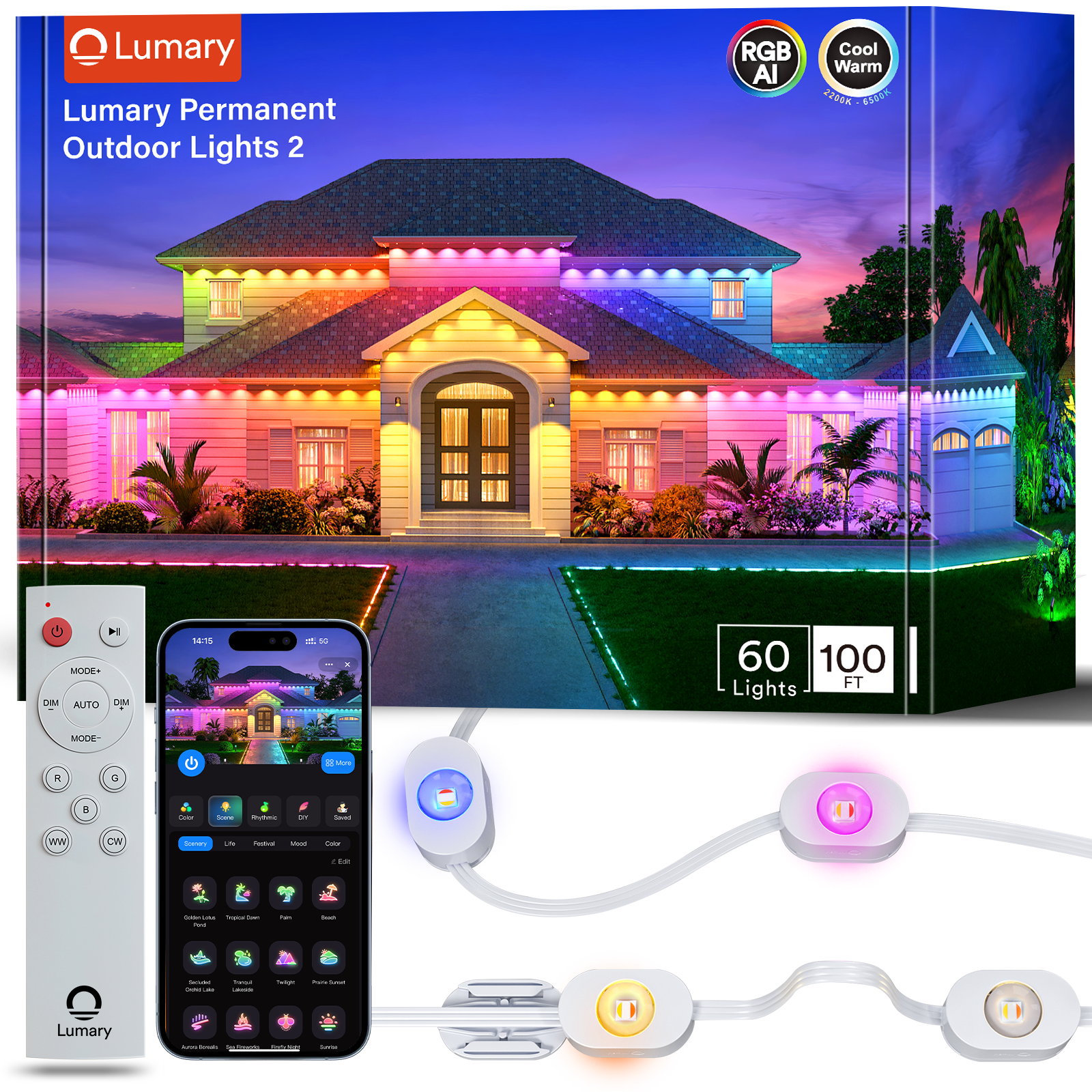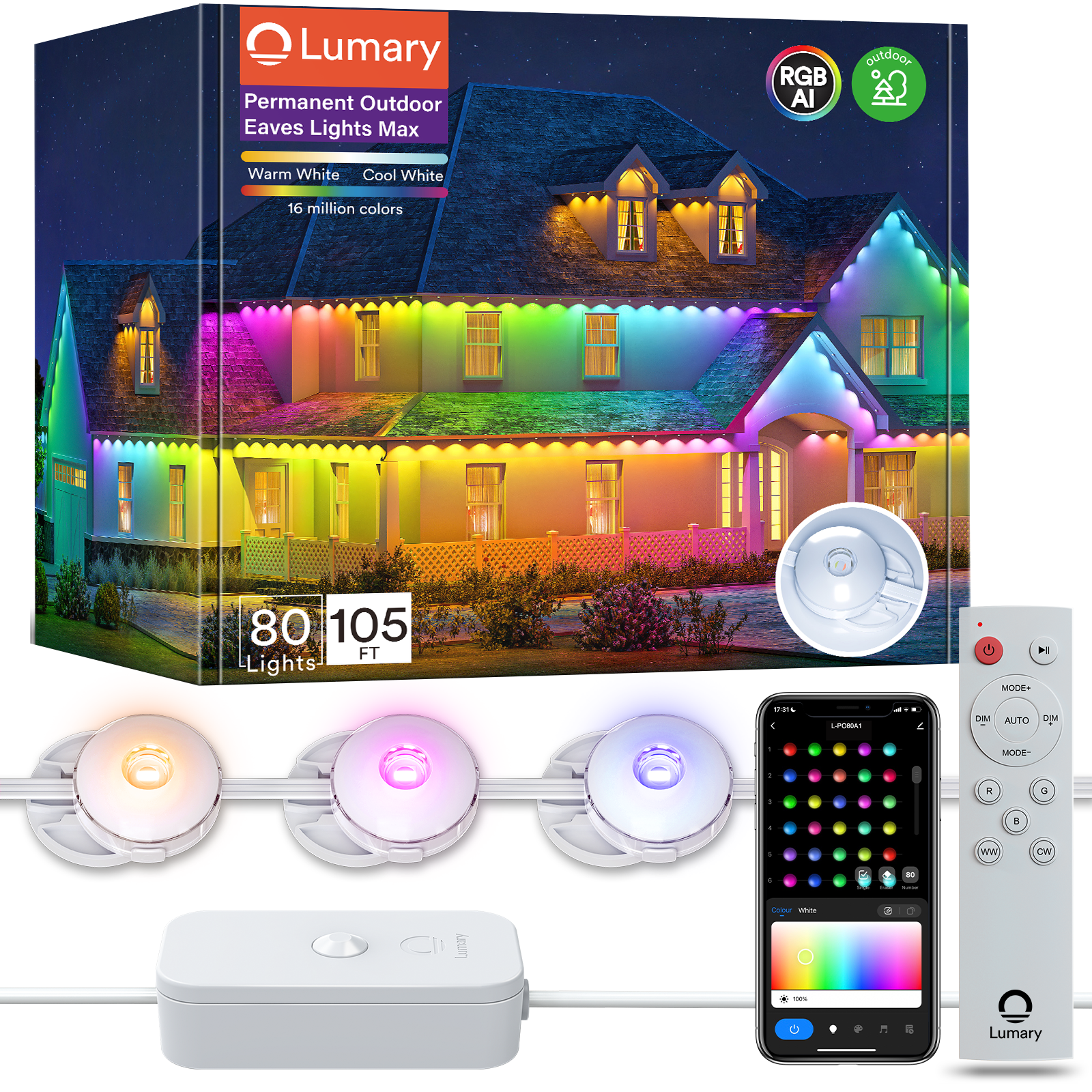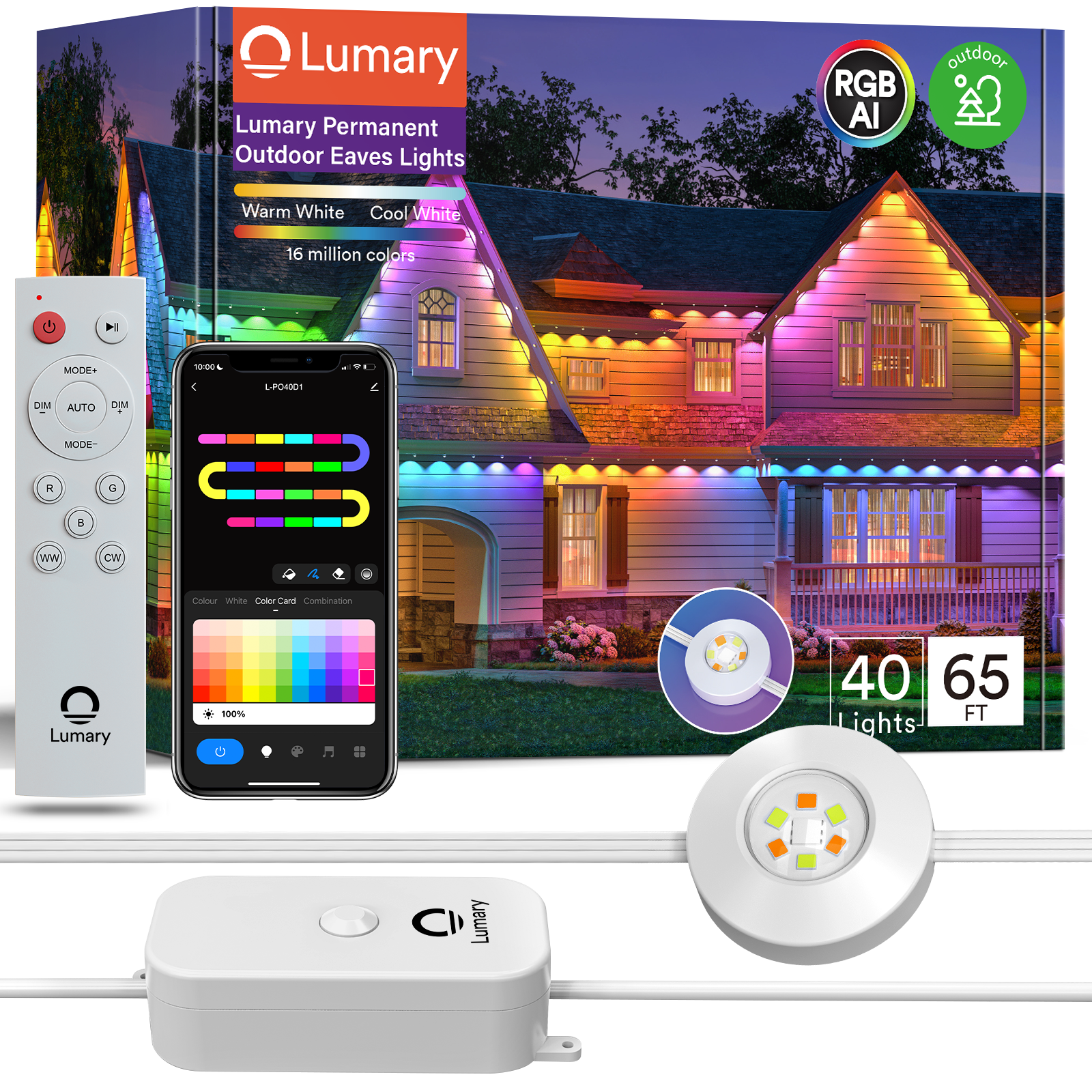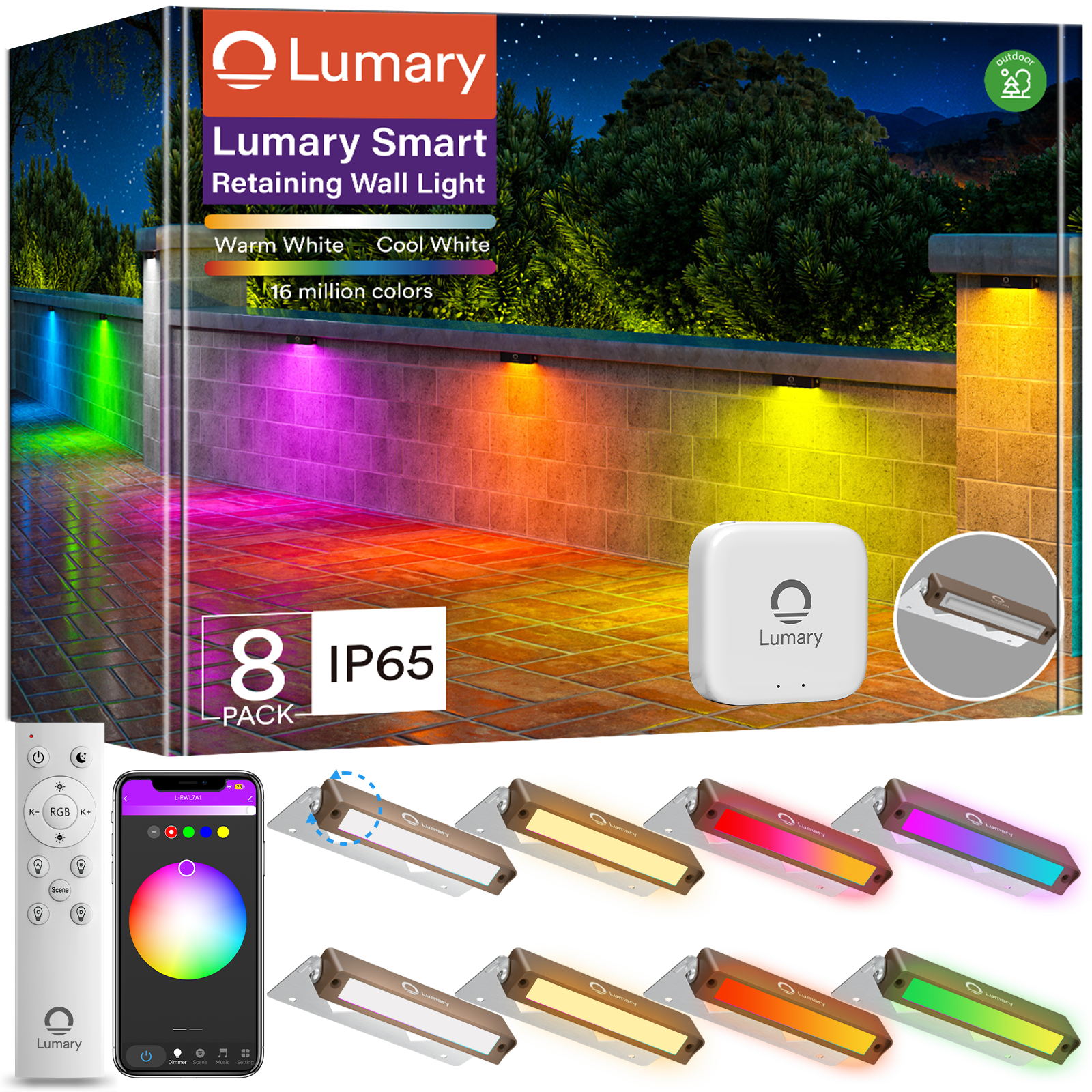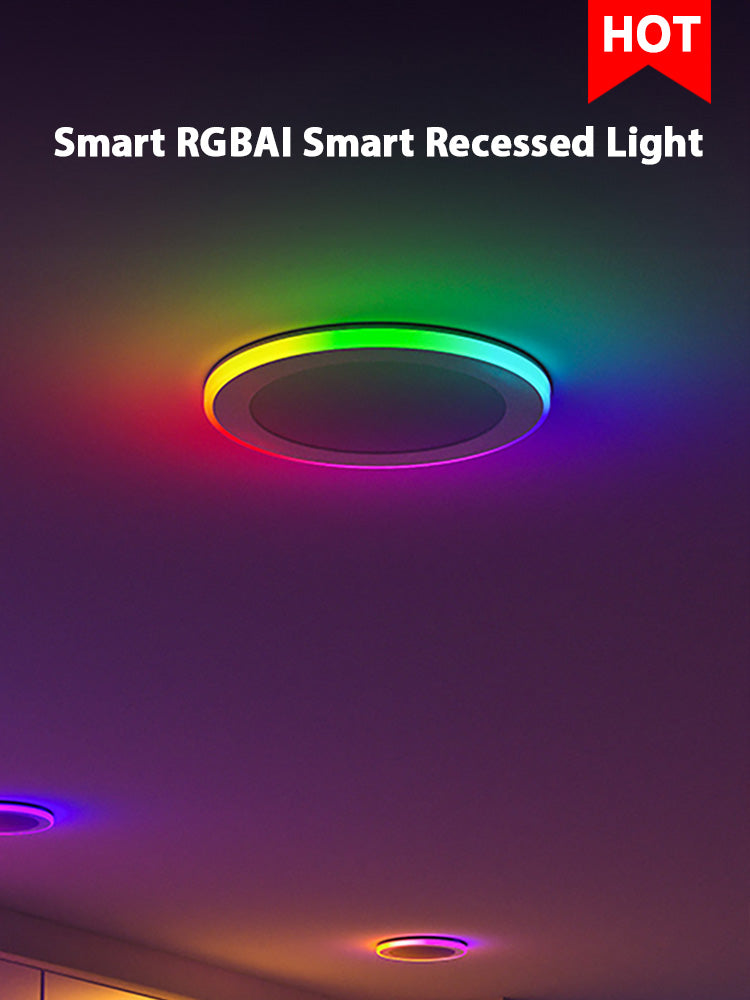Energy-efficient lights outdoor garden lighting isn’t just about saving money—it’s about protecting the planet. By using less energy, you reduce electricity bills and limit your carbon footprint. Switching to LED lights can save billions annually and prevent millions of metric tons of emissions. Plus, modern options make lighting your outdoor garden both stylish and functional.
Key Takeaways

-
Using LED lights can cut energy costs by 80%. They also last 25 times longer than regular bulbs.
-
Add solar lights to use renewable energy. This lowers your carbon footprint and need for electricity.
-
Install motion-sensor lights to save energy. They turn on only when needed, making them safe and efficient.
Understanding Energy Efficiency in Outdoor Lighting
What Does Energy Efficiency Mean for Outdoor Lights?
Energy efficiency in outdoor lighting is all about getting the most light while using the least energy. It’s not just about saving money on your electricity bill—it’s also about reducing your environmental impact. By choosing energy-efficient options, you’re making a commitment to sustainable living.
So, what makes a light energy-efficient? For starters, LED lights are a game-changer. They use up to 80% less energy than traditional bulbs and last much longer. This means fewer replacements and lower maintenance costs for you. Plus, LEDs convert most of the electricity they use into light instead of heat, making them incredibly efficient. To put it into perspective, a 10-watt LED bulb can provide the same brightness as a 60-watt incandescent bulb while consuming far less energy.
Here’s why LEDs stand out:
-
They last up to 25 times longer than incandescent bulbs.
-
They reduce waste and save you money over time.
-
They deliver excellent light quality without draining your power supply.
By switching to energy-efficient outdoor landscape lighting, you’re not just improving your home—you’re also contributing to a greener planet.
Why Energy Efficiency Matters in 2025
In 2025, energy efficiency isn’t just a trend—it’s a necessity. With rising energy costs and growing concerns about climate change, every watt saved counts. Maurice Loosschilder, Head of Sustainability at Signify, puts it best:
“There has never been a more urgent need for efficient solutions that reduce the amount of energy we consume. If we want to live in a carbon-neutral world in 2050, at least half of the change we need to make will come from reducing our energy consumption.”
Several trends are driving the importance of energy efficiency in outdoor lighting:
-
Sustainability Takes Center Stage: LEDs and solar-powered lights are leading the charge.
-
Customizable Designs: Adjustable brightness and color-changing features let you personalize your space.
-
Safety and Security: Innovations like motion-sensor lights enhance safety while saving energy.
By embracing these trends, you’re not just keeping up with the times—you’re also making a positive impact on the environment. Outdoor landscape lighting that prioritizes energy efficiency helps you create a beautiful, functional space while staying eco-conscious.
Different Types of Energy-Efficient Lights
LED Lights: Features and Benefits
When it comes to effective outdoor lighting, LED lights are a top choice. They’re incredibly efficient, using up to 90% less energy than traditional incandescent bulbs. Unlike older lighting options, LEDs produce almost no heat, which means more energy goes into creating light rather than being wasted. This makes them a standout in energy-efficient lighting solutions.
Here’s why you’ll love LED technology:
-
They last up to 25 times longer than incandescent bulbs.
-
Their solid-state design makes them durable and less prone to breaking.
-
They outperform halogen and fluorescent lights in both efficiency and lifespan.
Switching to LED lights can also save you money. For example, a single LED bulb can save you around $80 in electricity costs over its lifetime. If you’re lighting a larger area with 35 LED fixtures, you could save nearly $3,000 in energy costs. That’s a win for your wallet and the environment!
Solar-Powered Lights: Harnessing Renewable Energy
Solar lights are another fantastic option for effective outdoor lighting. These lights work by capturing solar energy through photovoltaic panels during the day. The energy is stored in rechargeable batteries and powers the lights at night. This means you can illuminate your space without relying on electricity from the grid.
Solar-powered lighting is perfect for pathways, gardens, or any area where running electrical wiring isn’t practical. Plus, it’s a sustainable choice that reduces your carbon footprint. With advancements in solar technology, these lights are now brighter and more reliable than ever.
Motion-Sensor Lights: Reducing Wasted Energy
Motion sensor lights are a smart way to cut down on energy waste. They activate only when they detect movement and turn off after a set period of inactivity. This ensures you’re not using energy when it’s not needed.
Here’s how motion sensor lighting helps:
-
It minimizes unnecessary energy consumption.
-
Sensitivity settings let you customize when the lights turn on.
-
It’s ideal for areas like driveways or backyards where lighting is infrequent.
In 2025, motion sensor lights are even smarter. Thanks to advancements like MEMS technology, they’re better at detecting movement and avoiding false alarms. These lights are a great addition to any energy-efficient outdoor setup.
Smart Lighting Solutions: Innovations Like Lumary Smart Landscape Path Lights

If you’re looking for cutting-edge options, smart lighting solutions like Lumary Smart Landscape Path Lights are worth exploring. These lights combine style, functionality, and energy efficiency.
|
Feature |
Description |
|---|---|
|
Color Changing & Scene Modes |
16 million colors and 54 preset scenes for vibrant, customizable lighting. |
|
Durable & Waterproof |
IP65 waterproof rating and aluminum alloy construction for long-lasting use. |
|
Multiple Control Options |
Control via app, voice commands (Alexa, Google Assistant), or RF remote. |
|
Timer Function |
Schedule on/off times and create lighting effects effortlessly. |
|
Adjustable Brightness & Color Temperature |
Tunable white tones (2200K-6500K) and brightness (1-100%) for dynamic ambiance. |
These lights integrate seamlessly with home automation systems, enhancing both ambiance and security. Whether you want a cozy glow or a vibrant party vibe, Lumary’s smart lights have you covered. They’re the future of effective outdoor lighting.
Key Factors to Consider When Choosing Lights for Outdoor Garden
Brightness and Lumens: Finding the Right Balance
Choosing the right brightness for your outdoor lighting system is essential. Too bright, and it can feel harsh; too dim, and it might not serve its purpose. Lumens measure the brightness of a light, and selecting the right level ensures functionality without wasting energy.
Here’s a quick guide to help you decide:
|
Lighting Type |
Recommended Lumens |
|---|---|
|
Path Lights |
100 Lumens |
|
Step Lights |
12 - 100 Lumens |
|
Floodlights |
700 - 1300 Lumens |
|
Security Lights |
700 Lumens |
|
Landscape Spotlights |
120 Lumens |
|
Underwater Lights |
200 - 400 Lumens |
|
Wall Lights |
50 - 185 Lumens |
|
General Landscape Lights |
50 - 300 Lumens |
|
Motion Sensor Lights |
300 - 700 Lumens |
|
Pool/Pond Lighting |
200 - 400 Lumens |
|
Garden Lighting |
400 - 1200 Lumens |
Keep in mind that higher lumens mean brighter lights, but they can lead to energy waste if overused. By balancing lumens with your needs, you’ll create a beautiful and efficient outdoor lighting system.
Durability and Weather Resistance
Outdoor lights face the elements daily, so durability is key. Look for materials like stainless steel, aluminum, or UV-resistant plastics. These materials resist corrosion and withstand extreme weather. Solid bronze is another excellent choice, as it doesn’t crack or peel and develops a lovely patina over time.
Weather resistance ratings, like IP ratings, also matter. For general outdoor use, an IP65 rating protects against water jets and dust. If your lights are exposed to heavy rain or snow, go for IP67 or higher. Sheltered areas may only need IP44. Choosing durable materials and appropriate IP ratings ensures your lights last longer and perform reliably.
Upfront Costs vs. Long-Term Savings
While energy-efficient lights may cost more upfront, they save you money in the long run. LED bulbs, for example, last up to 50,000 hours compared to just 2,000 hours for traditional bulbs. Over time, this reduces replacement costs and energy bills.
|
Aspect |
Traditional Bulbs |
LED Bulbs |
|---|---|---|
|
Lifespan |
1,000 - 2,000 hrs |
25,000 - 50,000 hrs |
|
Average Savings per Bulb |
N/A |
$80+ |
|
Total Savings (35 LEDs) |
N/A |
$3,000+ |
Investing in an energy-efficient outdoor lighting system offers significant long-term savings while reducing your environmental impact.
Energy Ratings and Certifications
Energy ratings help you identify efficient lighting options. Look for certifications like EnergyStar®, UL Listed, or RoHS Certification. These labels indicate that the product meets high standards for energy efficiency and safety. Choosing lights with high energy ratings ensures you use less electricity while maintaining excellent performance.
Aesthetic Appeal and Design Compatibility
Your outdoor lighting system should enhance your garden’s beauty. Choose fixtures that match your garden’s theme and balance functionality with style. String lights, for instance, create a cozy ambiance, while spotlights highlight focal points like trees or sculptures. Warm lighting tones are trending in 2025, offering a welcoming glow that transforms your lights outdoor garden into a serene retreat.
By blending design with energy efficiency, you’ll create a space that’s both stunning and sustainable.
Practical Tips for Installation and Maintenance
Positioning Lights for Maximum Efficiency
Positioning your outdoor lights correctly can make a big difference in how energy-efficient they are. Start by assessing your yard’s size and identifying the areas that need illumination. Think about features like trees, pathways, or patios that could benefit from strategic lighting. Use uplighting to highlight tall elements like trees and downlighting for pathways or seating areas. This approach enhances both functionality and aesthetics.
Avoid placing lights too close together. Overlapping beams waste energy and can create harsh lighting. Instead, plan your layout carefully to ensure even coverage without overdoing it. Adding timers or smart hubs is another great energy-saving tip. These tools let you control when lights turn on and off, helping you manage energy use more effectively.
Ensuring Proper Wiring and Connections
Faulty wiring can reduce the efficiency of your outdoor lighting system. Check for damaged or disconnected wires at the junction box and transformer. Loose connections can also cause issues, so tighten screws and connectors to ensure everything is secure. If your lights flicker, it might be due to voltage fluctuations. Make sure your transformer provides at least 12 volts for low-voltage systems.
Regularly inspect your wiring to catch problems early. Addressing these issues promptly keeps your lights running smoothly and prevents unnecessary energy waste.
Cleaning and Maintenance for Longevity
Keeping your outdoor lights clean is one of the simplest energy-saving tips. Dust and debris can dim your lights, forcing them to use more energy to achieve the same brightness. Use a soft, dry cloth to dust fixtures regularly. For deeper cleaning, turn off the power, remove the lamps, and clean the fixtures with a soap solution and sponge. Rinse and dry them thoroughly before reassembling.
Inspect your lights monthly for rust or damage. Replace bulbs promptly to prevent moisture from seeping into the fixtures. For metal surfaces, applying a thin layer of car wax can protect against the elements. If you have solar-powered lights, clean the solar panels to maximize their efficiency.
Troubleshooting Common Issues
Even with proper maintenance, issues can arise. If a light isn’t working, check the wiring first. Look for loose or damaged connections and fix them as needed. If the light flickers, the transformer might not be supplying enough power. Upgrading to a higher-capacity transformer can solve this problem.
For motion-sensor lights, adjust the sensitivity settings if they’re turning on too often. Regular troubleshooting ensures your lights stay energy-efficient and functional.
💡 Pro Tip: Regular maintenance not only extends the life of your lights but also keeps them energy-saving and cost-effective.
Choosing energy-efficient outdoor lighting transforms your space while saving energy and money. You’ll enjoy lower bills, reduced environmental impact, and stunning designs. Explore options like LEDs, solar lights, and smart solutions to create a sustainable outdoor haven. 🌱 Start today and light up your garden with eco-friendly brilliance!
FAQ
What are the best lights for outdoor gardens in 2025?
Garden LED lights are the top choice. They offer excellent energy efficiency, long lifespans, and customizable designs. Plus, they’re durable and perfect for any outdoor space.
How do smart lights improve energy efficiency?
Smart lights let you control brightness, timers, and schedules. This reduces unnecessary energy use. You can even manage them remotely, ensuring your lights outdoor garden LED lights stay efficient.
Can I use solar-powered lights in shaded areas?
Solar-powered lights work best in direct sunlight. For shaded areas, consider hybrid options or garden LED lights with low-voltage systems to maintain energy efficiency.


